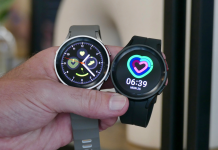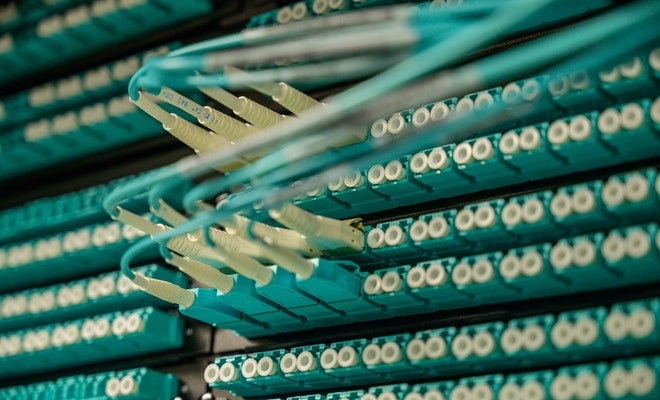On Monday, the Biden administration launched a new agreement with 20 broadband providers, including AT&T and Verizon, to expand low-income Americans’ access to subsidized high-speed Internet plans.
What’s New?
The action strengthens the FCC’s Affordable Connectivity Program, which offers a $30-per-month grant to cover the price of internet service for Americans ($75-per-month in tribal territories). Last November, the program was completed as part of Biden’s bipartisan infrastructure bill, which included a $65 billion commitment to expand connections across the country.
“Internet access is essential for success.”
“In the twenty-first century, having connection to the internet is essential for success.” During Monday’s announcement, Vice President Kamala Harris stated, “Every citizen in this society, regardless of their income, should be able to afford high-speed internet and a high-speed internet package.”
Officials from the Whit
e House said the 20 vendor partners cover more than 80% of the US population “in urban, suburban, and rural areas” in a fact sheet released on Monday. Provider promises range from speeding up low-income programs to completely eliminating charges.
What’s More?
Individuals who qualify for the program can often get free internet service because their low-income plans are under $30.
Verizon, for example, reduced its $40 plan to $30, thereby making the service free for those who qualify.
“We saw just how crucial high-speed internet is during the pandemic,” President Biden stated. “Quick internet is no longer a luxury; it’s a requirement.”
Nonetheless, this collaboration will tremendously benefit broadband providers. Americans who previously could not afford Internet access can now do so thanks to government subsidies, resulting in additional clients for the partner companies. Providers only need to raise package sizes by a few megabits or reduce expenses.
Digging In More Details
The FCC, Telekom’s chief police officer, is also at a standstill. For more than six months, Senate Republicans have blocked Gigi Sohn’s nomination as the agency’s third Democratic commissioner. If Sohn is confirmed, Democrats will have a majority on the commission, allowing them to take more aggressive measures to address competition and net neutrality issues.
“Even while they pose for today’s photo op, some of the ISPs performing at this White House event are destroying President Biden’s FCC,” said Matt Wood, VP of policy and general counsel at Free Press, in a statement Monday. “Seeing the president and vice president standing with the CEOs of the same firms that are waging a slander campaign against Gigi’s son will be difficult.”








